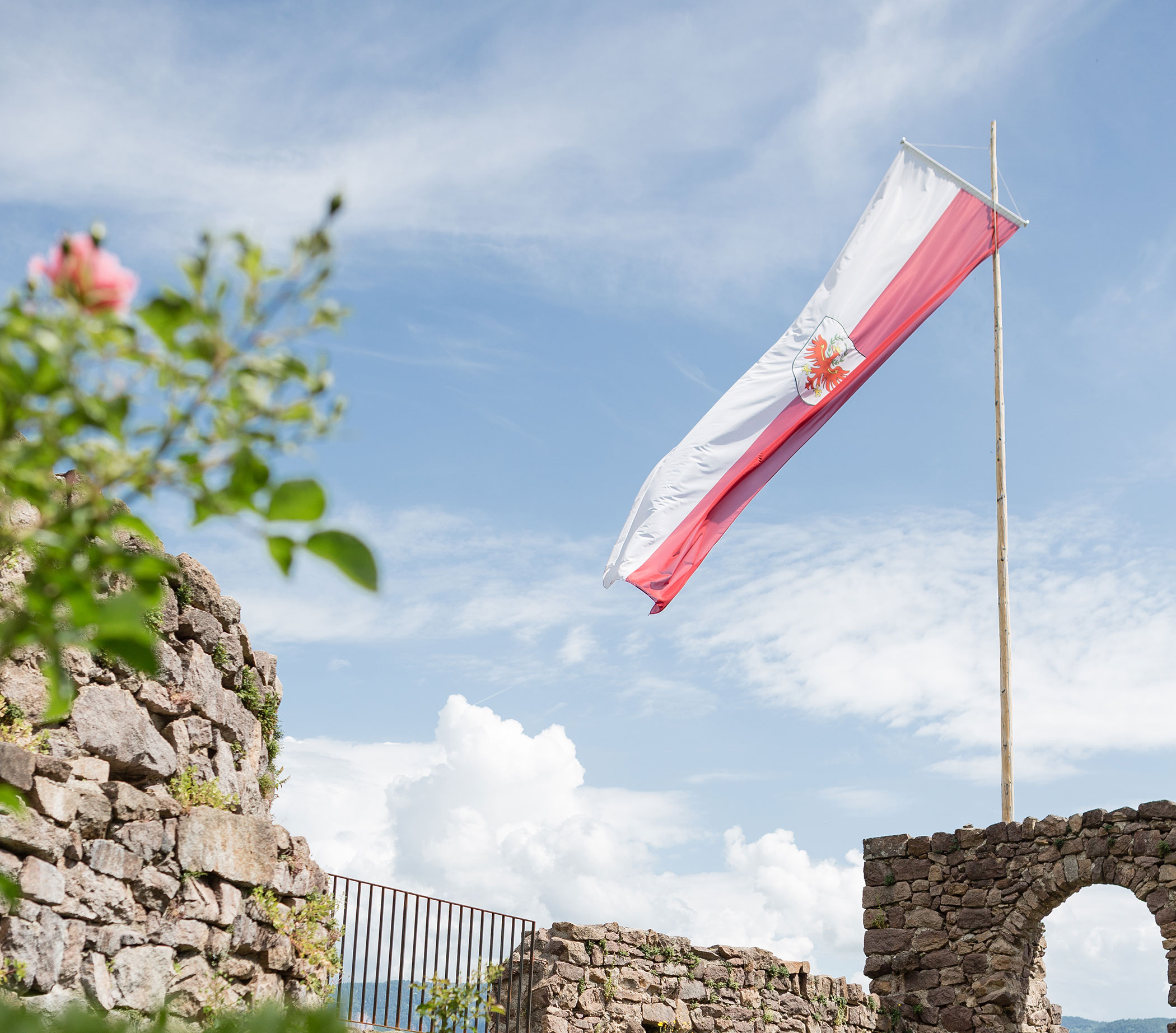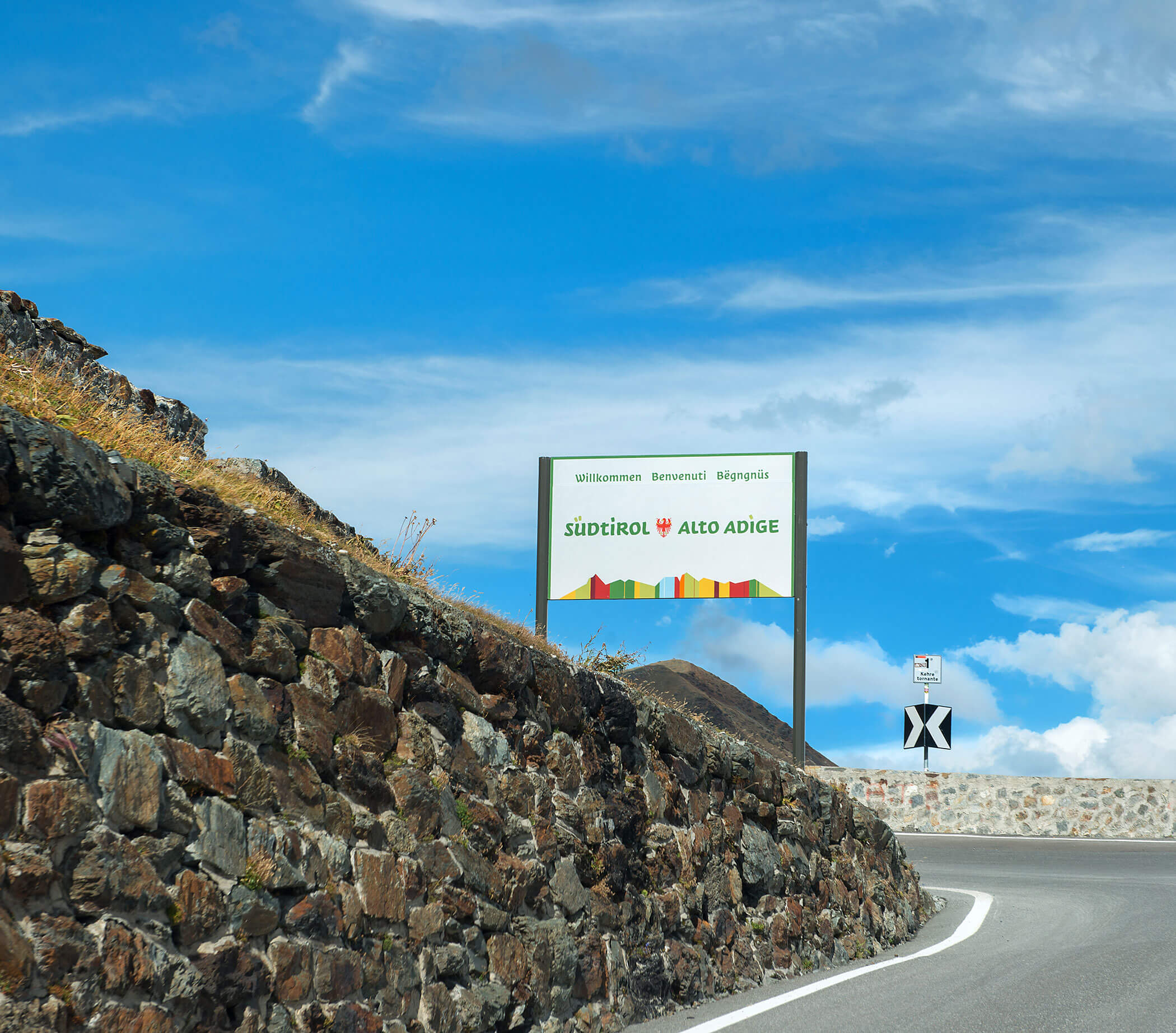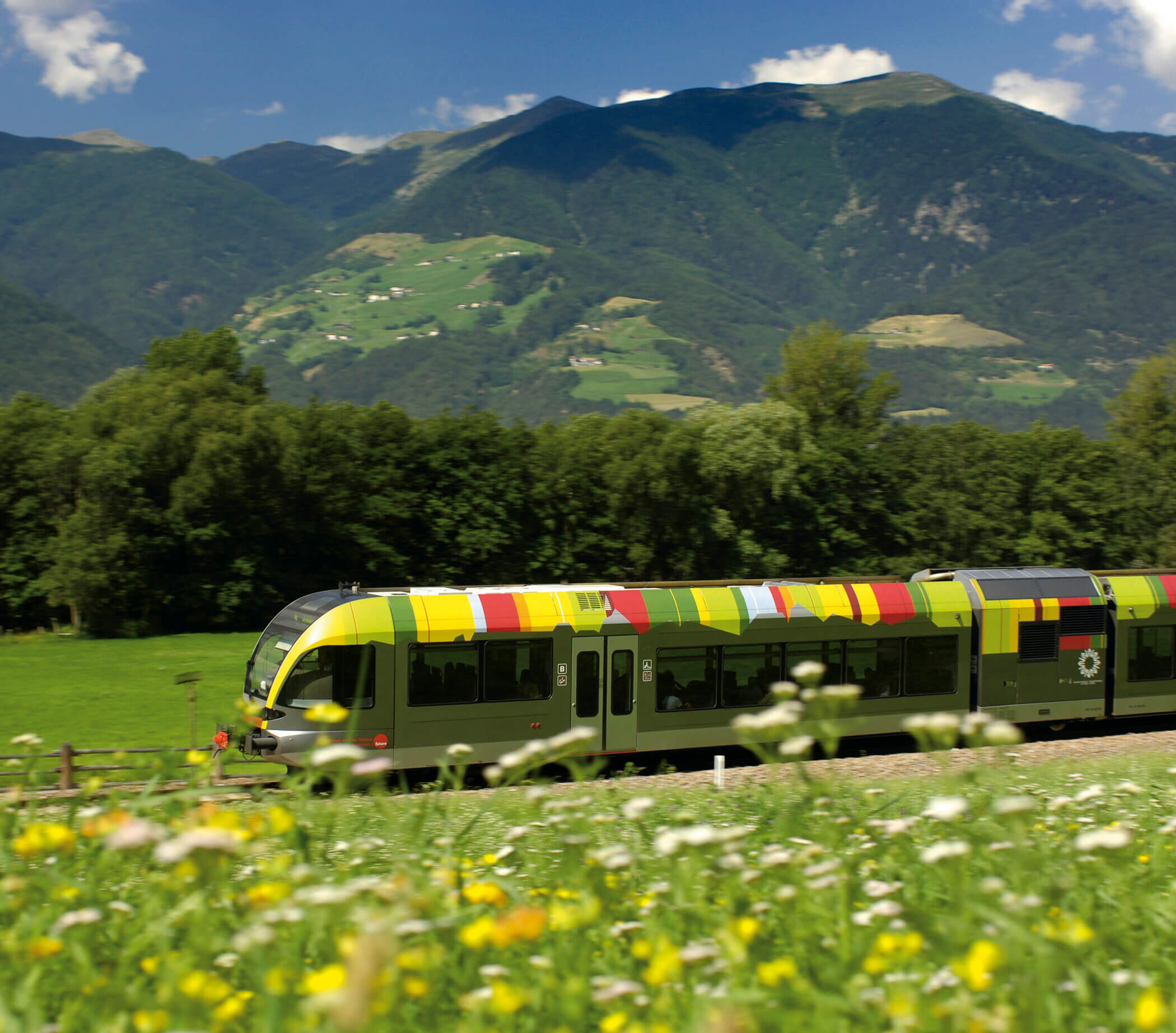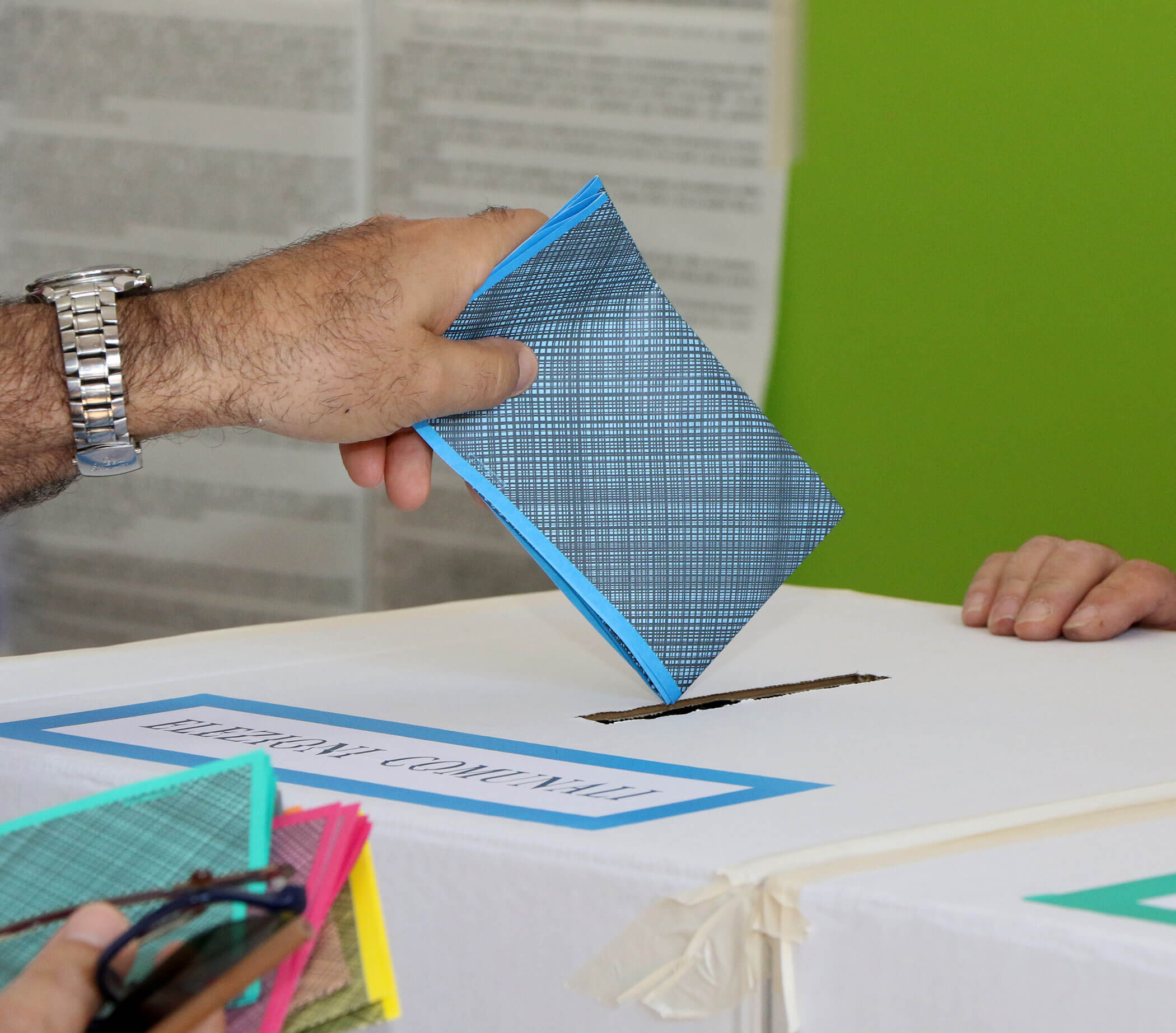Why do people predominantly speak German in South Tyrol? A short historical overview
South Tyrol is the northernmost province of Italy and is characterised by its bilingualism: Large parts of the population are German native speakers.
With the abolition of border checks in the Schengen Area, many people do not even notice that they are entering Italian territory upon crossing the Brennero/Brenner Pass or the Resia/Reschen Pass: Much of the population still speaks German, many radio and television broadcasts are in German – only bilingual place names and signage indicate that the Italian border is in fact already behind them. Which leaves some people wondering why a predominantly German-speaking Alpine region is located on Italian territory –
something that wasn’t always the case:
A brief look at the recent history of South Tyrol
For some 550 years, what is today the Autonomous Province of Bolzano/Bozen – South Tyrol was part of Tyrol and therefore first the Habsburg Empire, then the Austrian Empire and later Austria-Hungary.
In the aftermath of the First World War, profound changes were made to the political structure of Europe. Austrian and Italian troops fought bitter battles in the mountainous border regions until the end of the war in 1918, when Austria-Hungary was eventually forced to capitulate alongside the German Empire. After Austria’s defeat, Italian troops occupied what is now South Tyrol. The country was officially annexed by Italy following the Treaty of Saint-Germain in 1919, making South Tyroleans a German-speaking minority within Italy. The same was true for another, significantly smaller minority group: the inhabitants of a number of valleys whose mother tongue was Ladin, a Rhaeto-Romance language.
In 1922, fascism rose to power in Italy under Mussolini, soon setting off a campaign of repression and so-called Italianisation: The German language was banned, German-language schools were closed, German-speaking civil servants were dismissed, German place names were replaced by Italian ones and tens of thousands of Italians were settled throughout South Tyrol. But the local population resisted – one example being so-called “catacomb schools”: clandestine schools where local children were secretly taught to read and write in German.
In 1939, Hitler and Mussolini concluded a pact to promote the emigration of South Tyroleans to the German Reich. The local population was given the choice (“Option”) of leaving their homeland and remaining in a “German” cultural sphere or staying and abandoning their German mother tongue and culture altogether. Society was divided – but only about 75,000 people eventually emigrated, and only few ended up leaving South Tyrol for good: Most returned after the end of the Second World War.
Because the annexation was in breach of the peoples’ right to self-determination, in 1946 a bilateral treaty was signed between Austria and Italy in Paris. This laid the foundation for the protection of the German- and Ladin-speaking minorities in South Tyrol by granting them a so-called Statute of Autonomy aimed at preserving their cultural identity and customs. But its implementation was slow, resulting in a growing discontent and anti-Italian resentment. When tensions culminated in attacks using explosives in the 1960s, Italy responded with a relentless crackdown on the resistance fighters. Austria took the matter up with the UN Security Council, sparking a series of lengthy negotiations between Bolzano/Bozen, Rome and Vienna that resulted in a second Statute of Autonomy, which came into force in 1972. With this new status and subsequent provisions to implement it, South Tyrol gradually gained legislative and administrative autonomy – and with it competences in many areas of public life, administration and the economy that far exceed those of other Italian regions. The 1972 Statute of Autonomy forms the basis of today’s policies of protecting the German- and Ladin-language minorities in South Tyrol.
The “right to use your mother tongue”
In South Tyrol, all German- and Italian-speaking citizens have the right to use their mother tongue when dealing with the public administration. All public offices and bodies must guarantee access using either of the two official languages: This applies to local branches of state institutions such as the government commissioner’s office (Commissariato del Governo/Regierungskommissariat), finance and customs offices, the social insurance agency INPS/NISF (Istituto Nazionale della Previdenza Sociale/Nationales Institut für Soziale Fürsorge), the national institute for insurance against accidents at work INAIL (Istituto Nazionale per l’Assicurazione contro gli Infortuni sul Lavoro) and the judicial authorities as well as to regional and national institutions, to district community offices, municipalities and similar public bodies, to the Bank of Italy (Banca d’Italia), the state archives (Archivio di Stato), the RAS public broadcasting service (Rundfunkanstalt Südtirol), the Bolzano/Bozen Chamber of Commerce and many more.
In addition, citizens living in the traditionally Ladin-speaking valleys (Val Gardena/Gröden and Val Badia/Gadertal) are entitled to use Ladin when dealing with local authorities. This also applies to authorities at provincial level based outside of the Ladin-speaking communities that are in charge of the interests of the Ladin population (e.g. the Ladin-language education authority in Bolzano/Bozen).
For more information please visit: Autonomous Province of Bolzano/Bozen – South Tyrol

















